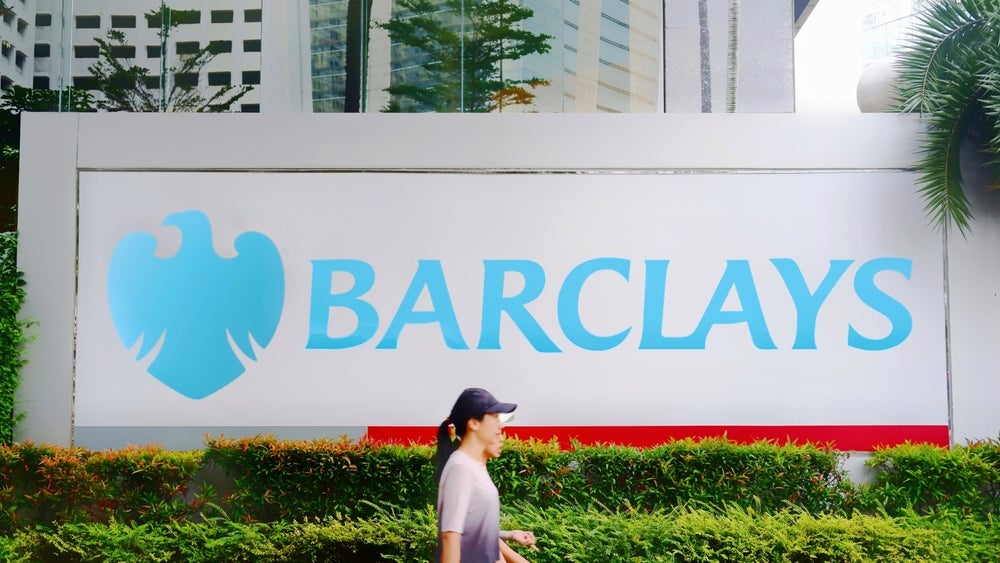consolidation process in Italian financial services, which has
produced two Italian banking champions in the shape of UniCredit
and Intesa Sanpaolo, has also helped domestic players to increase
their lead over foreign rivals in the country’s private banking
market.
A new survey by the Bologna-based consultancy Studio Magstat shows
an expanding wealth management market in Italy could develop more
quickly if the untapped potential of assets held by regional banks
can be captured.
Big bank mergers and acquisitions “have revolutionised the
[banking] sector and have had a knock-on effect on private banking
too”, Marci Mazzoni, chairman of Magstat Consulting says. “There
has been an increasing concentration of assets among the biggest
domestic banks as a result.”
According to Magstat, Italy’s private banking market grew by 9.9
percent in 2006 to a total of €532 billion ($734 billion) of
assets.
Four powerful groups have emerged from the banking consolidation
process, which is reflected in enhanced private banking rankings.
Intesa Sanpaolo is now the largest domestic wealth player, followed
by UniCredit-Capitalia, Gruppo Banca Popolare di Verona e Novara
and Gruppo UBI Banca.
How well do you really know your competitors?
Access the most comprehensive Company Profiles on the market, powered by GlobalData. Save hours of research. Gain competitive edge.

Thank you!
Your download email will arrive shortly
Not ready to buy yet? Download a free sample
We are confident about the unique quality of our Company Profiles. However, we want you to make the most beneficial decision for your business, so we offer a free sample that you can download by submitting the below form
By GlobalData
MPS ranks fifth
Banca Monte dei Paschi di Siena (MPS), Italy’s fifth-largest
banking group, has yet to complete a significant merger. However,
it still takes fifth place as a private banking player, with €19
billion of assets under management and a market share of 3.6
percent.
These top five controlled 48.7 percent of private banking assets at
the end of 2006, up from 43 percent a year earlier.
According to Magstat research, 63.6 percent of private banking
assets are managed by Italian banks, 10.8 percent by foreign
investment banks, 11.5 percent by specialised Italian private
banking operations, 6 percent through financial consultants
networks with private banking divisions, 4.3 percent though
brokerages and financial boutiques and 3.8 percent through family
offices.
The consultancy found that a total of 55 Italian banks, either with
stand-alone private banking operations or a specialised division,
controls that 63.6 percent of private banking assets.
Foreign players have managed to accumulate significant amounts of
assets but this has not been reflected in any significant increase
in market share. The largest, UBS, had €16 billion under management
at the end of 2006, just 3 percent of the total.
Overall, 32 foreign banks with wealth management divisions are
operating in Italy and have gathered that 10.8 percent share of the
assets. Ten of them are Swiss, six from the US and five from
France. The remainder come from a variety of European
countries.
Crédit Agricole, with €15.3 billion, is close behind UBS but it is
considered a home-grown operation. Most of its private banking is
conducted through two Italian banks it now owns – Cariparma and
Friuladria. Both were bought from Banca Intesa at the time of its
merger with Sanpaolo.
BNP Paribas has around €10 billion of assets through its Italian
acquisition – Banca Nazionale del Lavoro.
UBS, Deutsche Bank and Credit Suisse are the three biggest ‘pure’
foreign players, accounting for more than one-half of the
foreign-managed private banking assets in Italy. Along with
Citigroup they had a combined €37.9 of assets under management at
the end of last year.
That suggests that the majority of the €48 billion increase in
private banking assets in 2006 must have been captured by domestic
players. All the same, foreign players have a lot still to play
for.
Wealthy families
“If we consider that Italian families with more than €500,000 have
a combined total of assets worth €768 billion, it means that 31
percent [of those assets] are still in the hands of banks without
specialised private banking structures,” Magstat said in its
report.
The consultancy calculated that when potential private banking
assets are included in the equation, Italian banks have 44 percent
of the total and foreign players only 7 percent. Local or regional
banks control 31 percent of these potential assets.
Much of the hidden wealth has been created by successful family
business in Italy’s more entrepreneurial areas, mostly in northern
regions. That is pushing the foreign players to try to extend their
networks deeper into the provinces.
Leader UBS has established offices in the main cities in Italy. Now
it wants to expand into regional areas. In the next few months it
will open offices in five smaller cities – Modena, Varese, Treviso,
Bergamo and Cuneo.
Merrill Lynch plans to double its current $1.9 billion of private
banking assets under management in Italy by 2009 and increase the
number of advisers from 15 to 33.
The largest individual Italian private banks, as opposed to groups,
are UniCredit Private Banking with €63.6 billion, Intesa Sanpaolo
PB with €60 billion and Banca Aletti, which is part of the Banca
Popolare di Verona e Novara group, with €26 billion.
Banca Intesa intends to complete the integration of Sanpaolo IMI’s
private banking division into its own by the end of the
summer.
Intesa plans to increase assets from €60 billion now to €74 billion
by the end of 2009, which will involve adding 300 more private
bankers to make a total of 1,059.







